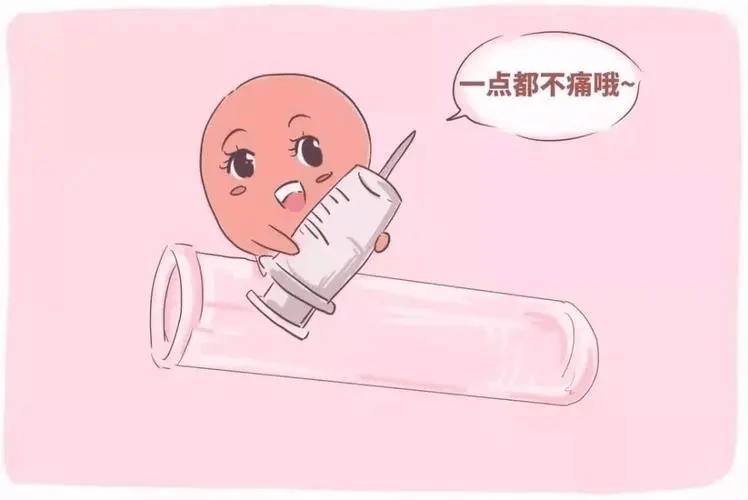When discussing the relationship between immature follicles and nighttime injections, we first need to understand the basic process of follicular development and the role of nighttime injections in assisted reproductive technology. By carefully analyzing these two aspects, we can more accurately determine whether there is a correlation between them.
Follicles are important structures in the female reproductive system responsible for producing and releasing eggs. In a normal physiological cycle, follicles go through a series of developmental stages, eventually maturing and ovulating. However, sometimes follicular development may be affected, leading to immaturity or failure to ovulate, which may impact female fertility.
Nighttime injections, usually refer to medications administered at night in assisted reproductive technologies, such as during in vitro fertilization treatments, with the main purpose of promoting the final maturation and ovulation of follicles. These medications typically contain gonadotropins, which can help follicles reach maturity in a short period for subsequent egg retrieval and fertilization processes.
Now, let us explore the relationship between immature follicles and nighttime injections. Logically, the purpose of nighttime injections is to promote follicle maturation, so it seems to be in contrast with immature follicles. However, in practical applications, follicular immaturity may be caused by various factors, including hormonal imbalances, ovarian dysfunction, lifestyle habits, etc. Nighttime injections are just one part of assisted reproductive technology and may not address all issues causing follicular immaturity.
Specifically, if follicular immaturity is due to hormonal imbalances or ovarian dysfunction, nighttime injections may not completely reverse this immature state. In such cases, the doctor may need to consider other treatment measures, such as adjusting medication dosages, changing treatment plans, or conducting further examinations to identify and address the underlying problems.
On the other hand, if follicular immaturity is caused by lifestyle habits or environmental factors, nighttime injections may offer some help to a certain extent, but it would also require improving lifestyle habits and adjusting environmental factors for optimal results.
There is a certain relationship between immature follicles and nighttime injections, but it is not an absolute causal relationship. Nighttime injections can promote follicle maturation but may not solve all issues causing follicular immaturity. Therefore, when facing follicular immaturity, seeking medical assistance for a comprehensive examination and treatment to determine and implement the most effective treatment measures is advisable.


